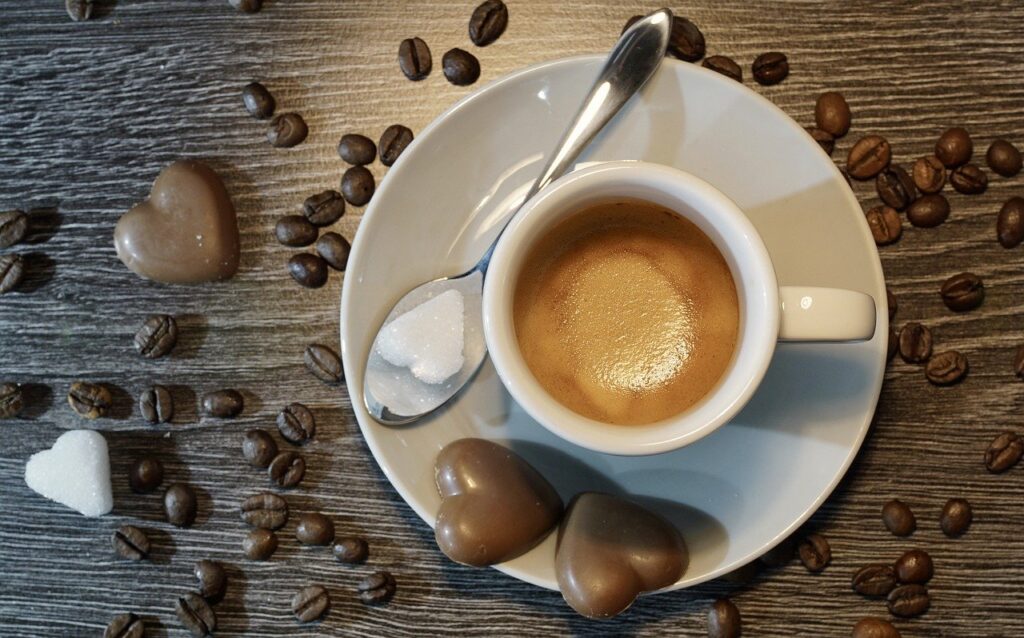Some people consider coffee merely a beverage. Culturally and philosophically speaking, these people are incredibly wrong. Coffee is so much more than a beverage. At the risk of seeming like an advertising slogan, coffee is a way of life. Coffee speaks distinct cultural values and tells us who we are.
A cup of coffee tells us about who other people are too. That reliable fluid made from a humble bean mixed with some dihydrogen monoxide has worlds of nuances, and we hope you enjoy the journey with us. Read on to learn more about the different coffee cultures.
A Brief History of Coffee
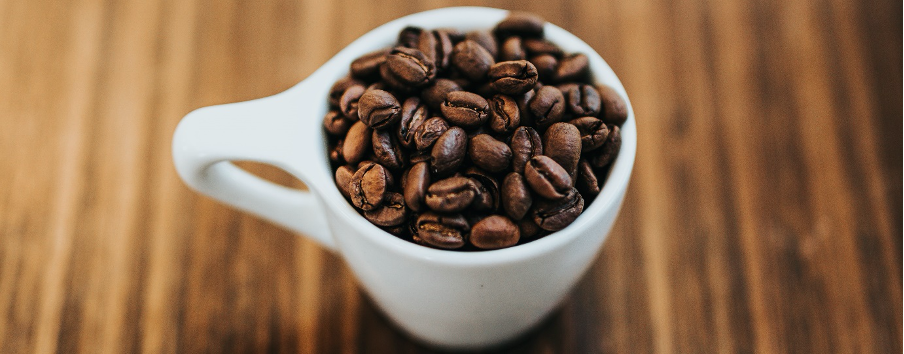
Coffee finds its beginnings in Ethiopia, during a simpler time. The legend goes back to a goat who ate coffee berries. The farmer noticed the unique energy that the goat was having. From this humble beginning, coffee spread from Africa to the Middle East, to Italy, and across Europe, and eventually became what is a staple for most of the entire world in the modern day.
Wherever coffee spreads, it has left a unique footprint. It is a beverage that transcends season and climate; just as enjoyable on a summer’s morning as it is on a winter’s night.
Coffee Culture by Country
Every country has their own coffee culture. A cup of coffee means something different for every nation. Coffee is one of the most popular beverages in the world.
Unlike a popular soft drink, what coffee means in Australia is different to what coffee is anywhere else. Every culture has a different presentation of coffee, and a different preparation; international deixis exists for the definition of ‘a coffee’.
Every nation of people approaches coffee in a slightly different way, but each also insists that their coffee is the best way to have coffee. As well as preparing the beverage differently, every country serves it differently too. The below gives a short overview of each continent, with regional highlights.
Europe
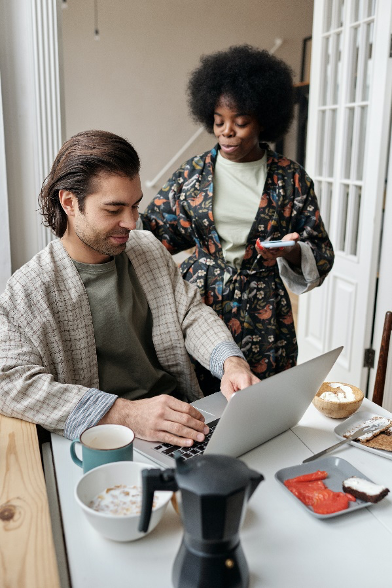
Many Australians conceive Europe, specifically Italy, as being the origin of coffee culture. This is thanks to the espresso machine becoming a default piece of hardware for not only cafes but also many restaurants and pubs in Australia. Commercially available coffee machines for at-home use have made Italian-style coffee more accessible.
In Italy, the single shot or double shot of espresso is served as a default and adding large volumes of milk is rare. A cappuccino is rarely served in the afternoon. Take-away coffee is also rare, with most coffee shops also acting as places to stand at a counter and enjoy an espresso.
Go to almost any European country and you will encounter a coffee culture that is rich in their love of coffee. Coffee Houses and Cafes are across the continent. Some would argue that coffee was something that helped Europe come into the age of enlightenment.
The argument is that coffee took people away from swilling ale, wine, or spirits in the tavern and encouraged thought in the coffee house. Allegedly, it was at this point that there was a surge in European ideation and deep thought processes came to the forefront of western civilisation.
North America
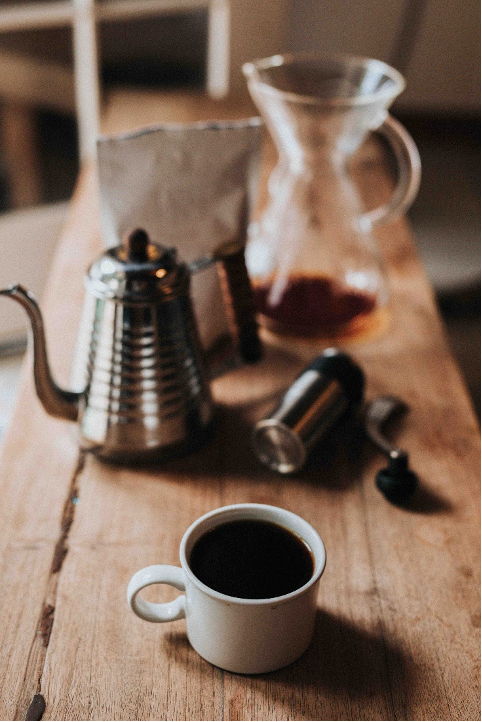
In North America, and specifically, the United States, no coffee shop or diner would be the same without the drip percolator providing a constant stream of continuous free refills of one-dollar coffee. If you look at almost any American television show, the main characters often use a healthy amount of their time drinking and enjoying coffee.
Coffee is used as a plot device for people needing to talk while doing something, and this is what happens in real life too. It’s difficult to say whether this was caused by or is a reflection of, American culture. In many American homes, it is not unusual to have the pot of coffee brewed by the first one awake, and constantly consumed throughout the morning by anyone at home.
Then came the large coffee franchise. The United States quickly embraced big chain coffee just as they did with franchised fast food. Product placement put these giants of the coffee industry in with a market.
All new innovations started coming to these coffee shops. The pumpkin spice latte was born. The frappucino became a popular choice. Caramel Lattes became a mainstay of American coffee culture. Coffee was transformed by the American people to embrace all manner of tastes.
South America
Despite being one of the largest continents for producing coffee, South America doesn’t drink a lot of coffee. The exceptions to this are Brazil, Columbia, Cuba, and Argentina.
Brazilians drink very small and very sweet coffee. They even serve it in a glass of milk to children as young as ten. South Americans who do drink coffee generally prefer to drink it black, served with some sugar if need be.
Africa
As history states, Ethiopia is where coffee all began. Coffee is still produced and consumed in many parts of Africa, including Egypt and Kenya. Most of the continent does prefer tea as its beverage of choice. In Ethiopia, making coffee is a ritual that takes an hour to perform.
This process, known as Bunna, starts by washing the beans in water and then roasting them over a fire. The beans are crushed and ground with a metal stick before being brewed and served in small cups.
Asia
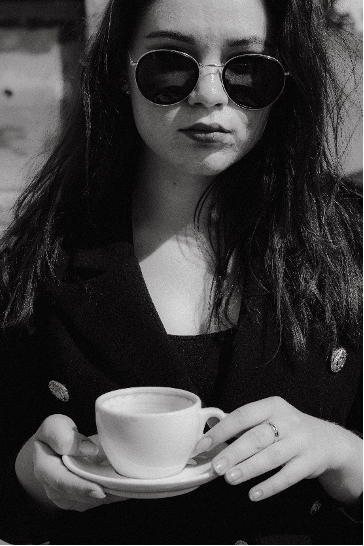
Asia is where a lot of coffee is produced as well as consumed. From the Middle East to Singapore, coffee is enjoyed by many Asian cultures in many forms. There is the notorious civet fecal Kopi Luwak of Indonesia and Vietnam’s Cà Phê Trứng which is served with beaten egg yolk. Almost one-third of Koreans drink at least one cup of coffee per day.
India is the sixth-largest producer of coffee, although the British influence made tea their most popular beverage. The Middle East is a major consumer of coffee on account of abstinence from alcohol.
Australia
The coffee culture in Australia is influenced by a combination of the Italian espresso culture, as well as the American experimentation and hospitality offered by the cafe. It is interesting though, that big chain coffee franchises have often struggled to gain a foothold in the Australian marketplace.
As Australians, we value the underdog. The bespoke cafe offering its custom familiarity is a strong part of Australian coffee culture. It also becomes habitual for Australians to give preference to their favourite coffee vendor, often reinforced by a rewards card promising the tenth cup of coffee for free.
Australian coffee inside the home has been an interesting change over the last thirty years. It wasn’t too long ago that coffee in the home was as simple as reaching for some instant powder and assuming that the order is ‘white with one’ for every guest at the house. A visit to older generations quite often still involves enjoying an instant coffee consumed from the finest ceramic, served with a homemade bikkie.
The current generation of coffee aficionado has a loud voice in Australian coffee culture. It is the reason most Australian fast food outlets offer ‘espresso’ instead of down-selling a more cost-efficient bean juice. Espresso machines proudly adorn benches across the country.
Some kitchens can be found with a range of French presses; a functional instrument that also serves as decoration. Almost every office has at least one colleague who makes their own cold-pressed coffee. If you are ordering coffee with someone and they too order a Piccolo Latte, it’s tribalism at its finest between the two of you; you just found your new best friend.
Australia has an exceptional attitude towards coffee. Whether we experiment or stick to our preferred variation; we love the experience as a whole.
Coffee Conversations
Conversing is a big part of the coffee experience. Having a coffee with a friend, with colleagues, or as a part of a business is a different phenomenon each time. They are all occasions for drinking coffee, but to change the beverage would change the experience.
By the same token, to have that same coffee and change with whom it is consumed changes the feeling of the coffee itself. As it turns out, one of the most important accompaniments to a coffee is the company that you keep.
Business

Coffee as part of a business interaction is very important. Refusing the offer of a cup of coffee could be seen as an insult. A business is proud to offer a cup of coffee to either a customer or a vendor. A refusal states that their coffee is not good enough; or worse, that their company and conversation are not good enough.
Over a coffee, a bond is formed and relationships are established. This is an opportunity to converse away from the strain of the business interaction and gain insight into who you are doing business with. It is safeguarded from the risk of intoxication, and the casual feeling of a coffee allows you to get to know each other.
Coffee with a Friend
Catching up with a friend for a coffee has become a common phrase, even when you’re not drinking coffee. Most people have encountered at least one person in their life, who has offered to catch up for a coffee, only to arrive at the cafe and confess that they don’t drink the beverage.
It is interesting when a person says this. As a coffee drinker, the feeling is disappointment. You look forward to sitting with someone over the shared experience. You often wonder what type of drinker they are. Will they order a Cappuccino, Flat White, or a Chai Latte?
The deeply personal coffee conversations carry a great range; from the intellectual to the deep and meaningful, to the frivolous. The coffee conversation has enormous scope. Over a coffee, some of us have unburdened secrets or spread the hottest of gossip.
Coffee with a Coworker
There is no better way to find out how the new person will sit in the office than to find out their coffee habits. Cliques and alliances form in office politics based on people who have shared times making coffee, or shared methods for finding their cup of workplace escapism.
The faction that goes to the same coffee place, the faction that prepares their coffee at the same time three times per day, or the faction that takes turns making each other coffee first thing in the morning; these are just some examples of bonds that can get created in the workplace. If you start a new job and want to learn how to fit in, search for the coffee drinkers and you will most definitely make friendships quickly.
Coffee and Ritual
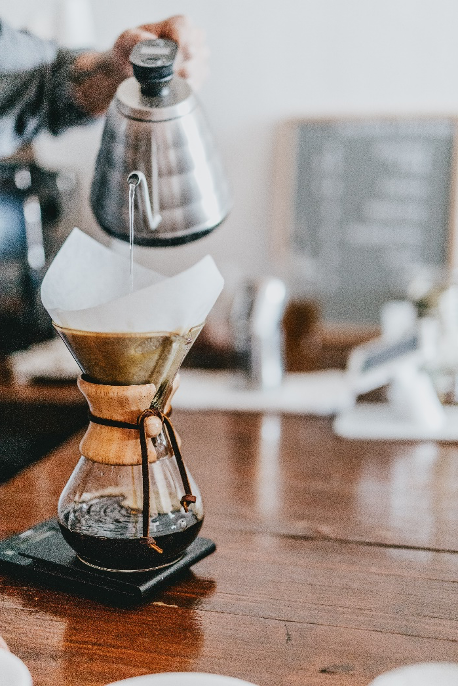
Regardless of the situational coffee, whether you’re making it yourself or getting it from a shop, and regardless of who you are with; there is a practice and familiarity around drinking coffee that gives your life structure. There is the morning routine of making your coffee, the comfortable little practices that are tried and true to give the perfect cup.
There is the frustration that you may get when a barista will only add sugar after the milk, rather than allowing it to dissolve in with the espresso shot. There are the peculiar choices of glass or mugs that each cafe makes in the vessel in which they serve the coffee. Regardless of the coffee that you drink or whether you are making it, these small little differences and preferences give structure and order to an unstructured and unordered world.
Go forth, coffee lovers. Enjoy thy bean.

